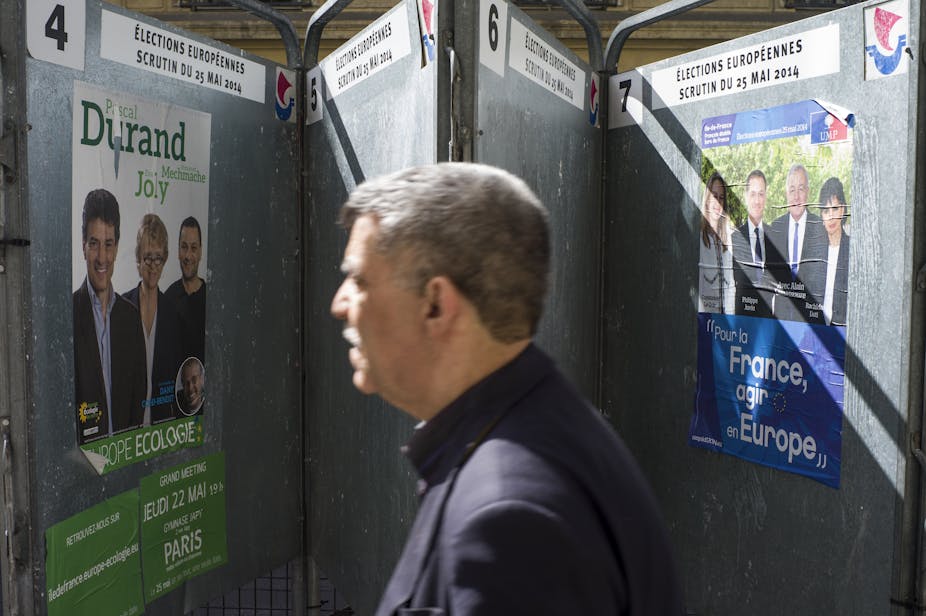France’s relationship with the EU appears paradoxical given the contrast between the traditional pro-EU involvement of French elites and regular expressions of reticence, such as the opposition to the Draft Constitutional Treaty rejected by referendum in 2005.
As a result of this paradox, the national narratives for supporting French membership to the EU suffer from progressive erosion and Euroscepticism is subtly gaining ground. Support for the EU also has suffered, as in most of the other member states, from the on-going economic and financial crisis. The difficulties to overcome, as well as the growing gap between France and Germany, have been pointed to by Eurosceptic forces who criticise the lack of genuine protection offered by the EU. The argument is two-fold: globalisation is generally perceived as being as much of a threat as the enlargement of the EU.

In retrospect, European integration is still perceived in France as a major accomplishment but the positive assessment of the EU, as well as the mix of support and tolerance among the population (the “permissive consensus”), both increasingly belong in the past. A majority now thinks the EU is a waste of taxpayer money and that the euro brings more disadvantage than benefits for France. There is also majority support for restoring border controls and a vast majority thinks the EU does not sufficiently protect France’s economic and commercial interests. But 73% of people want France to remain part of the EU.
This is precisely where the puzzle faced by the governing parties lies in France (and the main point that erodes their legitimacy on European issues). Haunted by the spectre of unemployment, rising inequality and a feeling of losing ground to globalisation, French public opinion remains trapped in its attachment to EU membership, its frustration with EU performances, and its distrust in further integration. French citizens hope for a better Europe, but they don’t want more of it.
As a result, governing parties: the Socialist Party (PS) and the conservative Union for a Popular Movement (UMP) – who defend EU policies but are internally divided about the EU – remain unable to adopt strong agendas, and have presented low-key platforms in the campaign. Abstention is expected to be high, around 60% and probably the highest in the history of European elections in France. Meanwhile the populist and openly anti-EU Front National (who command 24% of votes) are presently competing with the opposition UMP (who command 22%) for the first place in the election.
Don’t mention the EU
European elections, formerly organised within a single national district, have been based on eight regional ad-hoc constituencies since 2004. European elections are one of the few opportunities for small or isolated parties to secure seats. That is why Marine Le Pen for the Front National and her father, Jean-Marie - the former leader, run for re-election with a high chance of success. In total, there are 193 lists with a mean of 24.1 lists by constituency (versus 20 in 2009). Many small parties and groups are taking the opportunity to voice their views during the campaign despite having little or no chance of obtaining seats.

There has been a distinct lack of media interest in the EU electoral campaign, partly because of the relatively quiet campaigns run by mainstream parties. The UMP is bitterly divided, especially over the Schengen issue while the Socialist Party has kept a low profile a few weeks after a severe electoral defeat in city council elections and as president Hollande hit rock bottom, being identified as the most unpopular president ever. By contrast, the extreme left and right have launched strong attacks on the EU as indicated by the National Front simple slogan: “Oui à la France, non à Bruxelles”.
The ongoing bargains under the framework of the Transatlantic Trade and Investment Partnership (TTIP) were especially raised both by extreme left and right leaders. As a result of the noise made by critical claims from the left and right-leaning candidates, any more pro-EU views (whether from centre-right parties or the Greens) have tended to be rather swamped.

